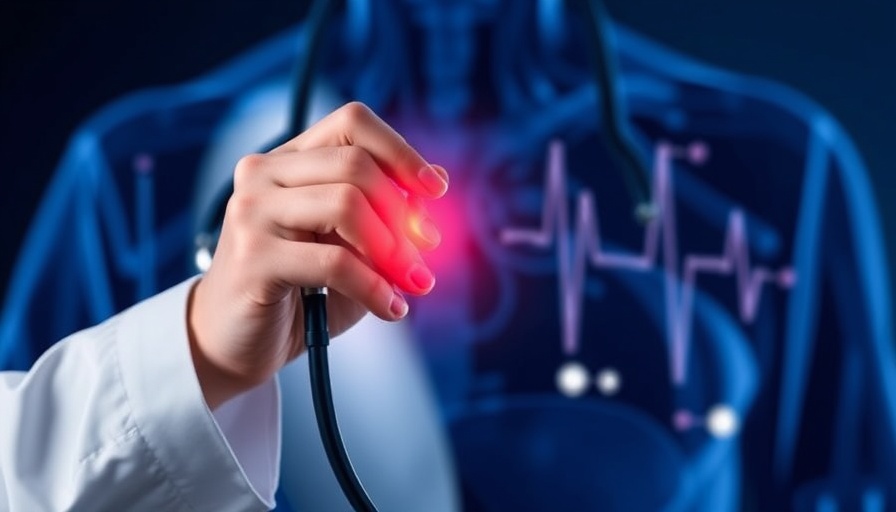
Revolutionizing Heart Diagnosis with AI
Imagine a tiny, advanced gadget capable of diagnosing serious heart conditions within mere seconds. Researchers at Imperial College London have developed a pioneering AI-led stethoscope that can detect heart failure, heart valve disease, and abnormal heart rhythms in just 15 seconds. This technological marvel represents a significant upgrade from traditional stethoscopes, which have remained unchanged for over 200 years.
The Impact of Early Detection
Timing is critical in medical diagnoses, especially for heart-related ailments. Early identification plays a vital role in preventing worsening health situations, enabling doctors to provide lifesaving treatments before conditions severely deteriorate. A recent study showed that patients evaluated with this innovative stethoscope were twice as likely to be diagnosed with heart failure and three times as likely to detect atrial fibrillation compared to those who underwent traditional testing.
Understanding How It Works
The device operates by analyzing subtle heartbeat and blood flow differences, which are typically beyond the scope of human perception. While it records an electrocardiogram (ECG), the AI component swiftly analyzes the data it collects and delivers a diagnosis. This dual functionality not only enhances care efficiency but also fosters superior patient outcomes.
Ethical Implications of AI in Healthcare
As with any advanced technology, the integration of AI in healthcare raises pertinent ethical queries. One major concern is about the reliability of AI diagnoses. While initial results are promising, a critical eye must remain on potential biases in the AI learning algorithms and how they could affect diagnosis accuracy across diverse populations. It’s essential for healthcare providers to remain vigilant and ensure these technologies improve patient care without compromising safety.
The Future of AI in Medicine
The development of the AI stethoscope marks just one of the numerous strides being made in medical technology. The potential for AI to revolutionize patient monitoring and diagnostics is immense, promising not only faster diagnoses but also an enhanced focus on preventative care. As AI technology evolves, we may witness more breakthroughs that integrate AI into everyday medical practices, perhaps transforming healthcare into a more responsive, patient-centered industry.
A key takeaway from the advancement in AI healthcare tools like the AI stethoscope is the potential to enhance the patient experience. Innovations in AI open avenues for faster, more accurate diagnoses, making healthcare more accessible and effective for everyone.
 Add Row
Add Row  Add
Add 




Write A Comment